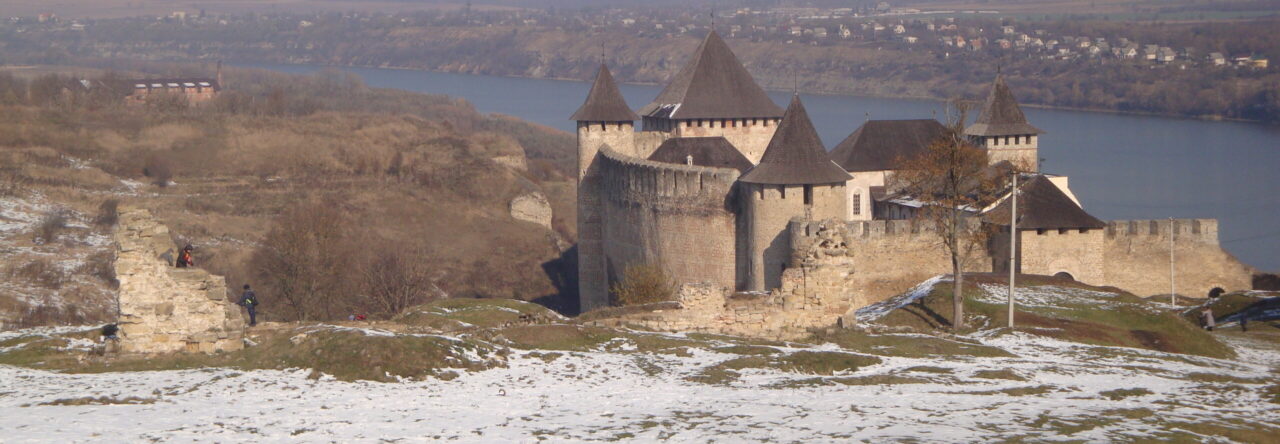IT Research is a research network with a unique methodology, thanks to which a large-scale study of the Lviv IT market has been conducted in the city since 2015 on the initiative of the Lviv IT Cluster. In 2021, Ivano-Frankivsk IT Cluster joined IT Research to conduct a deeper and broader study of the IT industry in these two western Ukrainian cities.
Key fundings:
- LVIV: ROBUST GROWTH OF THE NUMBERS OF IT COMPANIES AND IT SPECIALISTS. Despite the pandemic, the number of IT companies’ growth dynamics is 6% (511 in 2021, compared to 492 in 2020) and the number of IT specialists has grown to 30-31 ooo, compared to 26-26.5 000 in 2020.
- IVANO-FRANKIVSK: 70 IT companies employ 2,600 people, with 50% of them working for companies that have an office in Lviv.
- PROFILE OF AN IT SPECIALIST: The median age of IT specialists in Lviv in 2021 is 29±1. Although the majority of IT specialists are male (62%), the share of females in tech is 38%.
- ECONOMIC PERFORMANCE: The total economic effect of the IT sector in Lviv in 2020 amounted to $1,412 billion (an increase from $1,295 billion in 2019), out of which the direct economic effect reached $865 million, with additional indirect effect (the effect of IT on related sectors of the economy) equaling $557 million.
Background: The first analysis was carried out in 2015 and aimed to provide an overview of the IT industry and characterize the Lviv IT market. The following annual surveys (2017 – 2019), focussed in addition on measuring the economic effect of the IT industry in Lviv. The 5th report (2020) evaluated the impact of the pandemic on the activity and development of the tech industry in Lviv. In 2021, the research was performed in cooperation with Ivano-Frankivsk IT Cluster thus expanding the geography of the study of the IT industry both in Lviv and Ivano-Frankivsk. Apart from analyzing the economic effect of the IT industry, IT Research 6.0 studies human capital, the impact of higher education, COVID-19 effect on the IT industry and more.
Source: The UKRAINE Network
